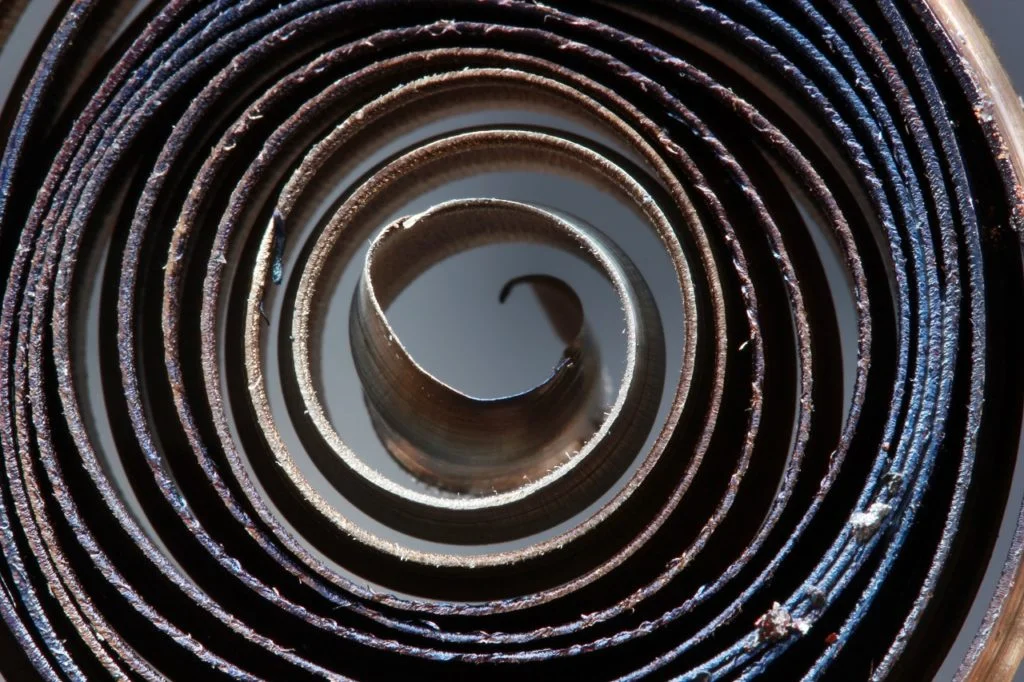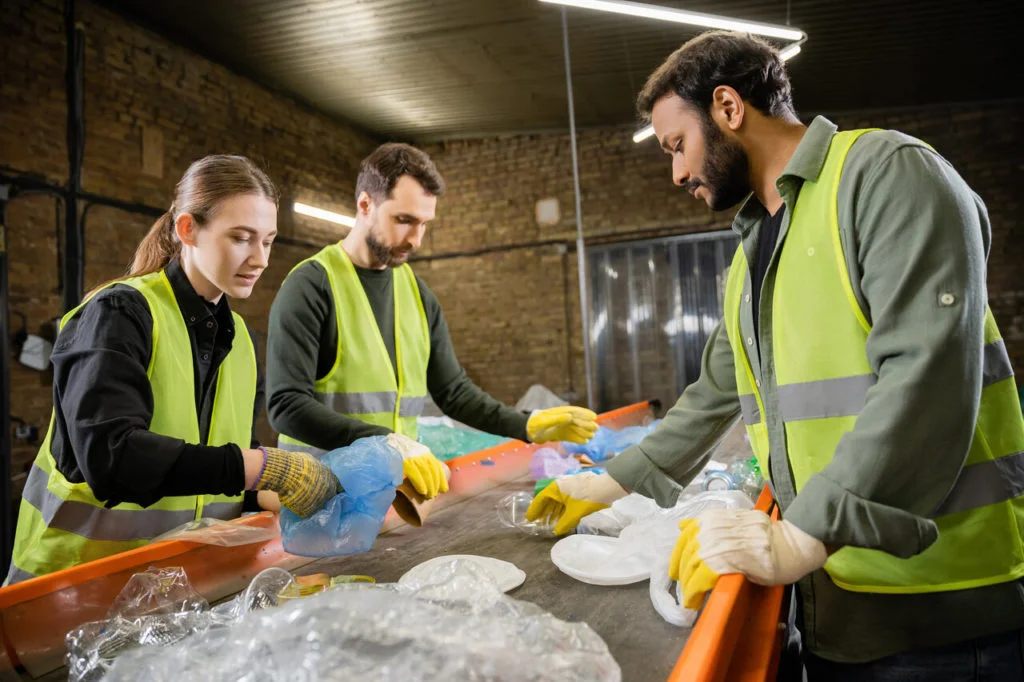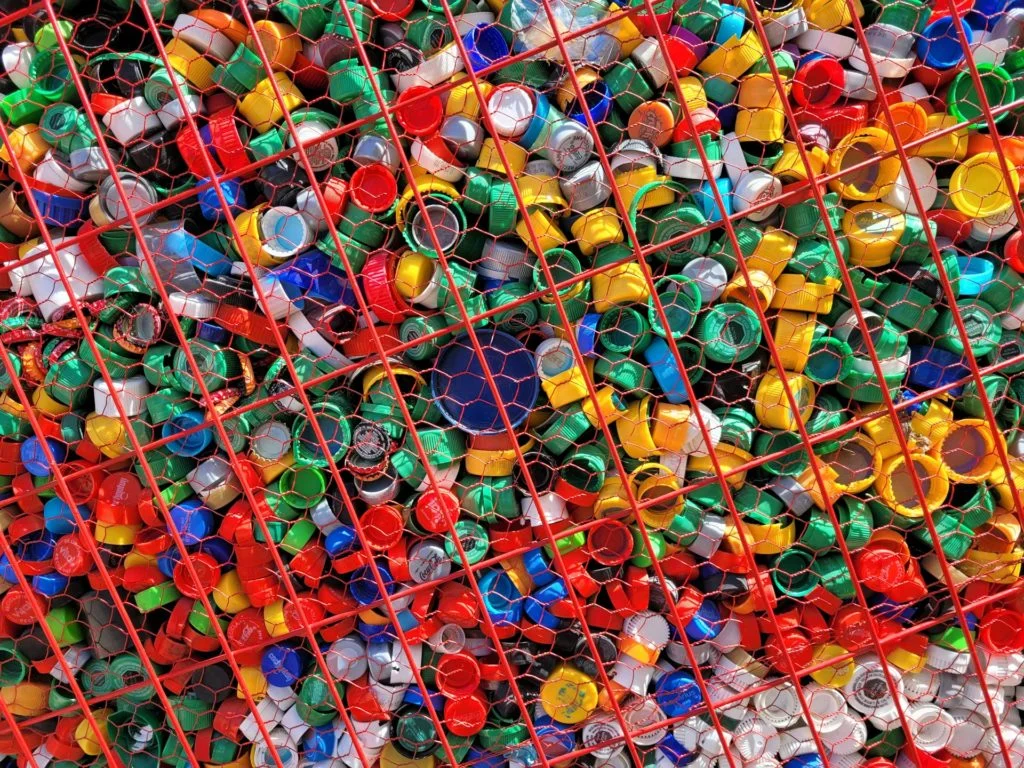Environmental concerns have become a hot topic in recent years, impacting industries worldwide. Among these, the automotive industry has gained attention for its significant contribution to the global carbon footprint, predominantly due to its extensive use of plastics in manufacturing processes. As a result, automotive manufacturers are continuously seeking innovative ways to minimise their environmental impact while maintaining production efficiency. One such solution is a closed-loop plastic recycling system, such as the one provided by Pulse Plastics.
Closed-loop recycling is a process that involves recycling waste materials from the automotive manufacturing processes and turning them back into usable plastic. This method effectively repurposes waste plastic and reduces greenhouse gas emissions. Pulse Plastics, a leading UK-based independent specialist plastic solution provider, is committed to delivering exceptional closed-loop recycling solutions that provide environmental benefits and economic advantages for the automotive industry.
This blog will explore the closed-loop plastic recycling process in the automotive industry, focusing on the benefits, challenges, and prospects of this innovative approach. Consequently, this content encourages automotive manufacturers to adopt closed-loop recycling systems and partner with Pulse Plastics to achieve their sustainability goals.
Join us in our journey towards a more sustainable automotive industry and discover how your partnership with Pulse Plastics can contribute to a greener, eco-friendly future.
The Closed-Loop Plastic Recycling Process in the Automotive Industry
The closed-loop plastic recycling process starts with the collection of waste plastic generated during automotive manufacturing. This waste is separated, washed, and prepared for processing. The next step involves melting the plastic waste and extruding it into pellets or granules, which can be used to manufacture new plastic products. Importantly, this process utilises complex sorting and purification technologies, ensuring that the reprocessed plastic material retains its quality and performance characteristics.
1. Understanding the Types of Recyclable Plastics in Automotive Manufacturing
Automotive manufacturers use a wide range of plastic materials in their production processes. Some of the most common types include polypropylene (PP), polyethylene (PE), polyvinyl chloride (PVC), and polyethylene terephthalate (PET). Each of these materials has its unique properties and applications, making them suitable for different parts of a vehicle. Crucially, they can all be processed and repurposed through closed-loop recycling systems.
2. Environmental and Economic Benefits of Closed-Loop Recycling
Adopting a closed-loop plastic recycling system within the automotive industry comes with several environmental and economic benefits, some of which are discussed below:
- Reduced dependence on virgin materials: By reusing waste plastic, automotive manufacturers can significantly reduce their reliance on petroleum-based materials. This, in turn, decreases the industry’s contribution to greenhouse gas emissions and promotes a more sustainable production model.
- Decreased waste: Implementing a closed-loop system ensures that waste plastic is transformed into valuable resources rather than being disposed of in landfills or incinerated. This not only helps conserve landfill space but also minimises the associated environmental damage caused by plastic waste disposal.
- Cost savings: Recycling waste plastic can lead to considerable cost savings for manufacturers, as reprocessed plastic is often less expensive than virgin material. Additionally, adopting closed-loop recycling systems can result in reduced waste disposal fees and potential tax benefits.
- Boosted brand image: Demonstrating a commitment to sustainability can significantly improve a company’s reputation and appeal to environmentally-conscious consumers. By adopting closed-loop plastic recycling processes, automotive manufacturers can portray themselves as responsible market leaders, ultimately enhancing customer loyalty and brand value.
3. Challenges Faced in Adopting Closed-Loop Recycling Systems
As promising as the closed-loop recycling concept may be, it is essential to acknowledge the challenges that automotive manufacturers face when adopting this approach. Some of these barriers include the following:
- Technical difficulties: Recycling waste plastic can be a complex process, as different plastics have varying properties, applications, and recycling requirements. Thus, it can be challenging for manufacturers to establish an efficient and cost-effective recycling process that meets the industry’s high-performance standards.
- Logistical constraints: Implementing a closed-loop recycling system requires a seamless supply chain involving the collection, transportation, and recycling of waste plastic material. Ensuring a well-coordinated network can demand significant time, effort, and investment from automotive manufacturers.
- Concerns about quality and consistency: Some stakeholders may be sceptical about using recycled plastic in automotive manufacturing, citing concerns about the performance, quality, and safety of these materials. Overcoming these concerns necessitates research and investment in advanced recycling technologies and close collaboration with experienced partners like Pulse Plastics.
4. The Future of Closed-Loop Plastic Recycling in the Automotive Industry
Despite the challenges associated with closed-loop recycling systems, the future appears bright for their increased adoption in the automotive industry. The following factors are expected to drive this change:
- Rising environmental awareness: As the world becomes more environmentally conscious, industries face growing pressure to adopt sustainable practices. Likewise, the automotive sector is experiencing increased demand for eco-friendly vehicles and production processes, including closed-loop recycling.
- Stricter regulations: Governments worldwide are introducing stringent policies and regulations designed to mitigate the environmental impact of various industries, including automotive manufacturing. By embracing closed-loop plastic recycling systems, manufacturers can stay ahead of these regulatory trends and remain competitive in the market.
- Favourable market trends: The global market for recycled plastics is forecasted to experience significant growth in the coming years. This trend, coupled with the ongoing shift towards sustainability, gives automotive manufacturers an excellent opportunity to adopt closed-loop recycling systems and capitalise on the numerous benefits of this approach.
Conclusion
Closed-loop plastic recycling is an innovative and sustainable solution with considerable potential for the automotive manufacturing industry. Despite the challenges faced in adopting this approach, closed-loop recycling systems’ environmental and economic benefits are substantial. By embracing these solutions, automotive manufacturers can reduce their ecological footprint, optimise production costs, and enhance their brand image.
Pulse Plastics is committed to supporting the steel and automotive manufacturing industries in their transition towards greener practices by providing reliable, high-quality reprocessed plastic materials. Our closed-loop plastic solutions are designed to deliver exceptional benefits to our partners in the automotive industry, paving the way for a more sustainable and environmentally responsible future. Contact us today to learn more about innovative plastic solutions!


